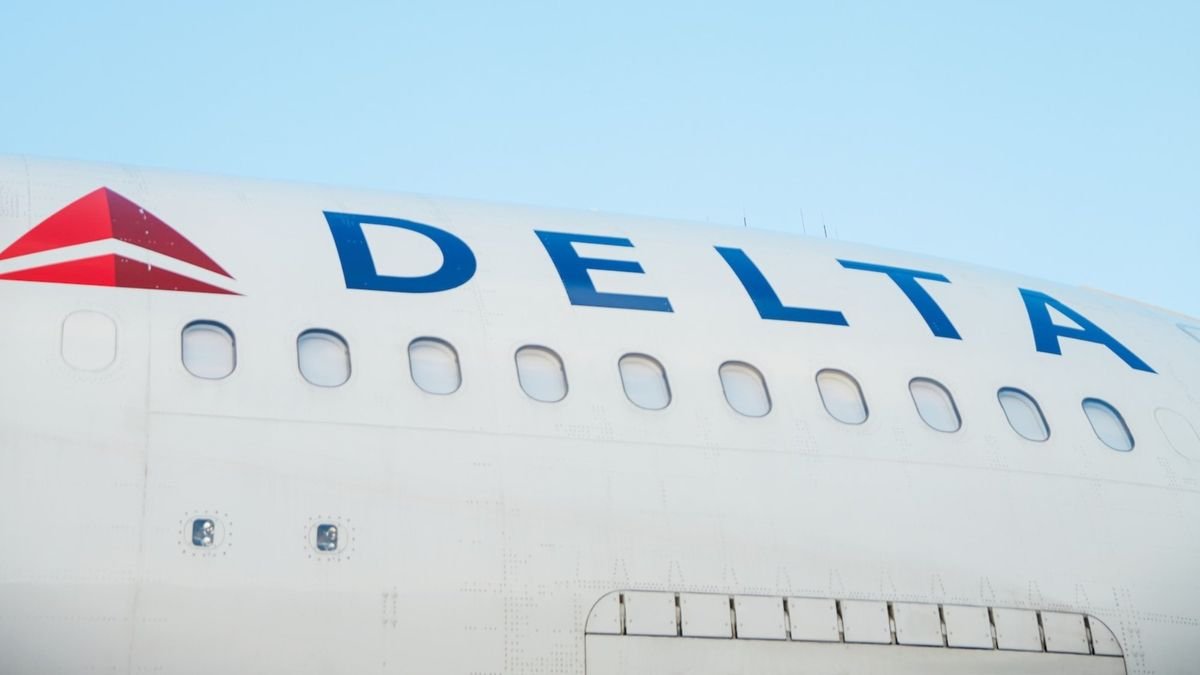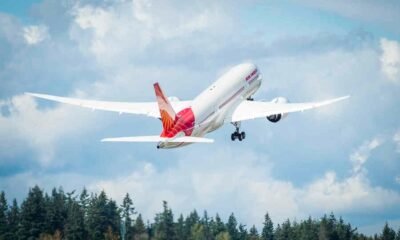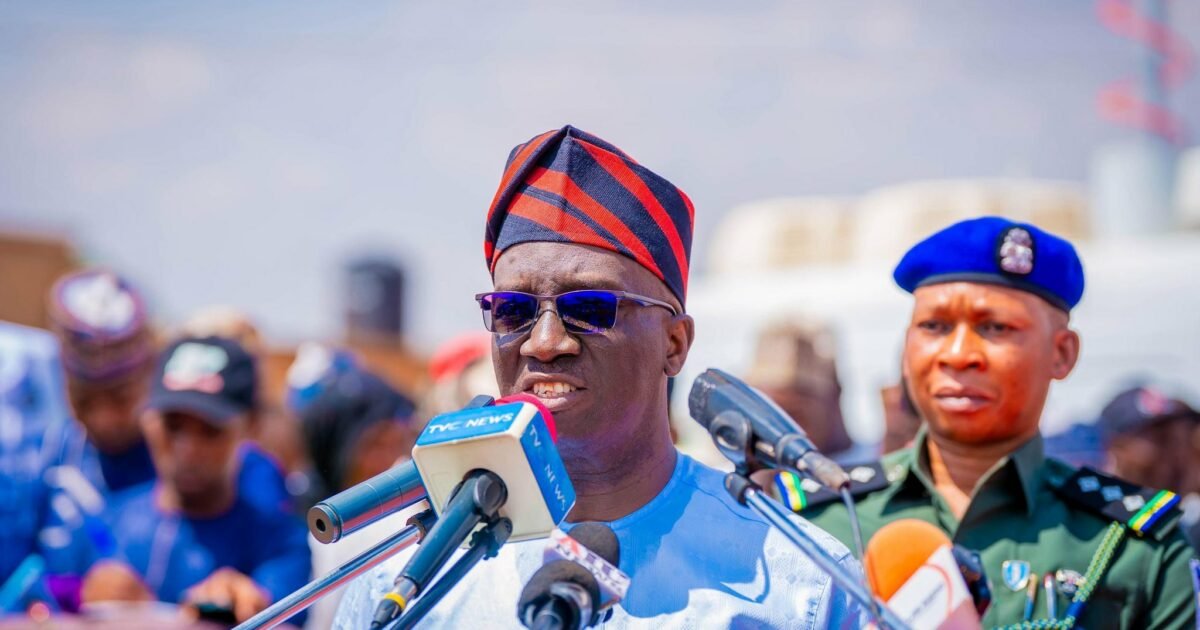Delta’s use of an AI-supported pricing tool quickly ballooned into a public relations problem, demonstrating the challenge airlines face when upgrading their retailing capabilities.
“There is doubtlessly a very gray area with countless shades of gray as to what the actual price should be,” said travel technology analyst Henry Harteveldt of Atmosphere Research Group, contrasting airfares and bundled fare products with the comparatively standardized price points of hard goods. “And it’s also a matter of perception: It’s wrong to charge somebody more, but it’s OK to give somebody a discount.”
Delta is making use of a pricing tool developed by Israeli tech startup Fetcherr. The AI-supported tool has the ability to factor in thousands of variables simultaneously to help Delta’s analysts more precisely match fares to market demand.
Ironically, said airline distribution consultant Cory Garner, Delta isn’t yet deploying New Distribution Capability (NDC), the digital technology that enables airlines to push out personalized, real-time fare offers through travel agency channels, though Delta could potentially push out personalized offers on its website and app.
Still, scrutiny of Delta picked up steam after its president, Glen Hauenstein, said during a July 10 earnings call that Fetcherr-assisted fares were being deployed on 3% of the airline’s domestic network and that Delta’s goal is to bring that number to 20% by the end of the year.
But what critics mostly focused on were comments Hauenstein made at Delta’s Investor Day last November: By using the software, he said, Delta “will have a price that’s available on that flight, on that time to the individual.”
In a July 21 letter, Senate Democrats Mark Warner of Virginia, Richard Blumenthal of Connecticut and Ruben Gallego of Arizona seized on that language to grill Delta about whether they are mining personal data to price discriminate.
In a July 31 response, Delta chief external affairs officer Peter Carter wrote that the Fetcherr engine uses only aggregated data, including purchasing and demand data for specific routes and flights.
“There is no fare product Delta has ever used, is testing or plans to use that targets customers with individualized prices based on personal data,” he wrote.
Those comments didn’t calm the situation. By Aug. 5, DOT secretary Sean Duffy was also weighing in, saying that his department will crack down on any airline that uses AI to charge different prices to individuals based upon their income or who they are.
But while Delta still takes a legacy technology-first approach to its retailing, the airline industry writ large has spoken for years about the need to transform its merchandising into a more personalized experience, including using person-specific data to enable the preparation of tailored, real-time offers to flight inquiries.
Such an evolution is a key pushing point for IATA. For example, at the trade group’s 2023 World Passenger Symposium, director general Willie Walsh spoke aspirationally of the way e-commerce sites like Amazon engage with shoppers.
“You log in, you use your email address or whatever, and that’s it,” he said. “They know who you are, they know what you’ve bought and they know what you’re likely to buy.”
An estimate last year from consulting firm McKinsey in partnership with IATA found that new offer capabilities, including personalized ones generated dynamically at the time of a flight query, could generate up to $13.3 billion in value by 2030.
United, American and Singapore Airlines are among the carriers that already deploy personalized offers or intend to do so. The United for Business website boasts of the airline’s ability to offer “tailored deals” and “personalized shopping with loyalty status recognition.”
American CEO Robert Isom made headlines for calling out Delta’s AI pricing deployment last month. But at the 2023 IATA symposium, Anthony Radar, at the time American’s director of airline retailing technology, said it had begun tailoring offers for its loyalty program members.
Analysts said that personalizing pricing does not have to mean practicing price discrimination. Airlines said they will use personal purchasing history to develop bundled offers that will appeal to that flyer for the itinerary being queried.
For example, a traveler with a history of flying first class might be presented with an offer for an up-front seat and lounge access. Better retailing, they say, will bring value to flyers while increasing revenue.
Airlines consistently say they won’t simply put forward the same seat at various prices to flyers based on income levels or perceived willingness to pay; in an industry so strongly reliant on loyalty programs, doing so would simply be bad business, Garner said.
“All of the airlines I work with, and I’ve worked with a lot, believe that the moment they use the identity of an individual to increase the price is the last time they’ll ever give you their identity,” he said. “That works against the airline. If anything, the price needs to be better.”
Still, Harteveldt said it is important to verify how airlines use personal data in retailing. But a challenge for monitoring the industry is that there is already a fog surrounding airline pricing, which obscures the true selling price of any flight on any airline at any time. Passengers spread across similar seats on the same flight are already paying widely divergent fares.
That fog will only get thicker as airlines ramp up real-time pricing capabilities.
“Airlines need to remember just because they can do certain things with technology doesn’t mean they always should,” Harteveldt said.





































You must be logged in to post a comment Login